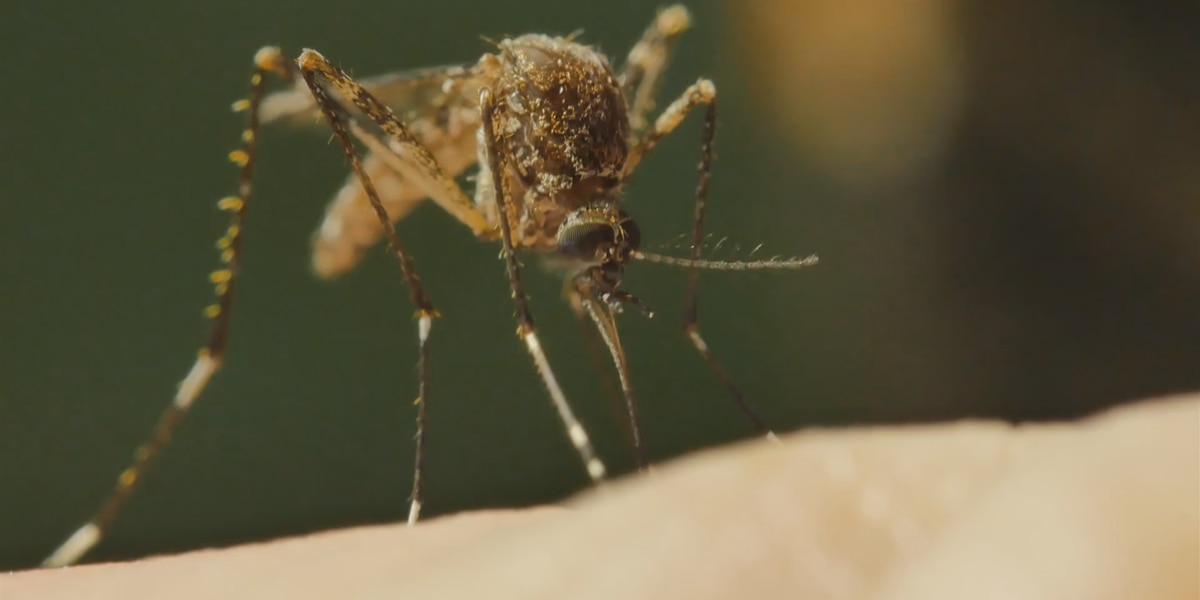Infection
3 deaths, 22 cases of West Nile virus reported as most of Kansas at high risk
TOPEKA, Kan. (WIBW) – As three deaths are reported following 22 infections of West Nile virus in Kansas in 2023, the KDHE has warned that most of the Sunflower State is at high risk.
The Kansas Department of Health and Environment announced on Wednesday, Sept. 13, that it has issued a high-risk warning for West Nile virus infection for all regions of the state – except the southeast, which is at a moderate risk level.
KDHE noted that West Nile is carried and transmitted by mosquitoes and can infect humans, horses, birds and other species. Most infections happen in the late summer and early fall. So far in 2023, more than 20 cases have been reported including 17 neuroinvasive cases and three deaths. Seven cases in equines have also been reported in Barber, Bulter, Douglas, Ford and Pratt counties.
Health officials indicated that most infected with the virus will not feel sick, however, 1 in 5 will develop a fever and other symptoms. Meanwhile, 1 in 150 will develop neuroinvasive disease – which includes swelling of the brain or brain tissue and even death. There are no vaccines or medications to prevent or treat West Nile in humans. To date, the only treatment is supportive care.
Similarly, animal health officials said horses infected with the virus can have symptoms that range from depression, loss of appetite, fever, incoordination, weakness, inability to rise and hypersensitivity to touch or sound. West Nile can be fatal in horses but is preventable with annual vaccinations that have proven highly effective.
If residents see symptoms of West Nile in horses, KDHE said they should contact a veterinarian immediately. The virus is not directly contagious from horse to horse or horse to human.
“We’re right in the middle of our peak timeframe for WNV transmission here in Kansas, and with more widespread virus activity this year than in the previous several years, it’s important to take mosquito bite prevention measures to protect yourself, your family, and livestock against all mosquito-borne illnesses,” said Dr. Erin Petro, State Public Health Veterinarian.
KDHE has recommended Kansans take the following actions to prevent bites from mosquitoes:
- Use insect repellents that contain DEET or other EPA-approved repellents including picaridin, oil of lemon eucalyptus or IR3535.
- Residents should cover their skin with clothing while outdoors with long sleeves and pants when practical.
- Limit outdoor activities during peak mosquito activity times like dusk and dawn.
- Use screens on windows and doors and repair holes in those screens to keep mosquitoes out.
- Eliminate standing water, which is a breeding site for mosquitoes. Refresh water at least every three days and consider using larvicide in low-lying areas where water cannot be removed.
- Talk with a vet about vaccinations to protect horses against the virus.
For more information about the West Nile virus, click HERE.
Copyright 2023 WIBW. All rights reserved.

